Effective Measures for Keeping Children Safe from Toxic Cleaning Products.

In 2018, the National Poison Data System reported that cleaning products were responsible for over 12,000 exposures among children under the age of 5. This means that every day, approximately 32 young children in the United States are exposed to toxic cleaning products.
The most common route of exposure for children is ingestion, which can lead to serious health consequences such as chemical burns, respiratory distress, and even death. In fact, cleaning products are responsible for over 10% of all poisoning deaths in the United States.
As parents, keeping our children safe is our top priority. While we often take preventive measures to ensure their safety, there are certain areas that we tend to overlook. One such area is the storage of cleaning products. We all know that cleaning products contain harmful chemicals that can cause severe harm if ingested or used inappropriately.
Unfortunately, children are curious beings and may try to explore their surroundings, including the cabinets and drawers containing cleaning products. Therefore, it is essential to take steps to prevent children from gaining access to harmful cleaning products. In this blog, we will discuss some tips that can help parents keep their children safe.
- Have specific specified areas for storage - You may want to identify a designated area or areas to store your cleaning products. It would be helpful to organize them in a consistent manner and create a visual aid such as a chart, image or map to show their placement. This can help children learn which products are off-limits and which ones they are allowed to use by recognizing the patterns of their positioning.
- Keep cleaning products out of reach - The most obvious way to prevent children from gaining access to cleaning products is to keep them out of reach. Store cleaning products on high shelves or in cabinets that are secured with child safety locks. This way, children will not be able to reach them even if they try.
- Use child-resistant packaging - Many cleaning products come in child-resistant packaging. This packaging is designed to be difficult for children to open. When buying cleaning products, look for ones that come in child-resistant packaging and make sure to close them properly after use.
- Label your cleaning products - Labeling your cleaning products might not seem necessary, but it can be a helpful way to prevent accidents. Use clear and concise labels that describe the contents of the bottle and any precautions that need to be taken when using it. This will help prevent accidental ingestion or misuse.
- Keep cleaning products in their original containers - Transferring cleaning products to other containers might seem like a good idea, but it can be dangerous. Children may mistake the contents of the container for something else and ingest it. Therefore, it is best to keep cleaning products in their original containers.
- Store cleaning products separately from food - It is essential to store cleaning products away from food. Even if a cleaning product is not poisonous, it could still be harmful if ingested. Furthermore, storing cleaning products near food can lead to cross-contamination, which can cause food poisoning.
- Teach your children about the dangers of cleaning products - It is never too early to start teaching your children about the dangers of cleaning products. Explain to them that cleaning products are not toys and can be harmful if ingested or used inappropriately. Teach them to respect the products and to come to you if they ever find a cleaning product.
- Supervise your children when cleaning - If you have older children who help with cleaning, it is essential to supervise them. Make sure they understand how to use the products safely and that they are using them appropriately. Also, make sure they understand the importance of putting the products away after use.
- Dispose of cleaning products properly - When you are done with a cleaning product, dispose of it properly. Follow the instructions on the label to dispose of the product safely. Make sure your children understand that empty bottles should also be thrown away and not used as toys.
In conclusion, keeping children safe from cleaning products requires a combination of preventive measures and education. By following the tips mentioned above, you can help keep your children safe and prevent accidents from occurring. Remember, it is always better to be safe than sorry.
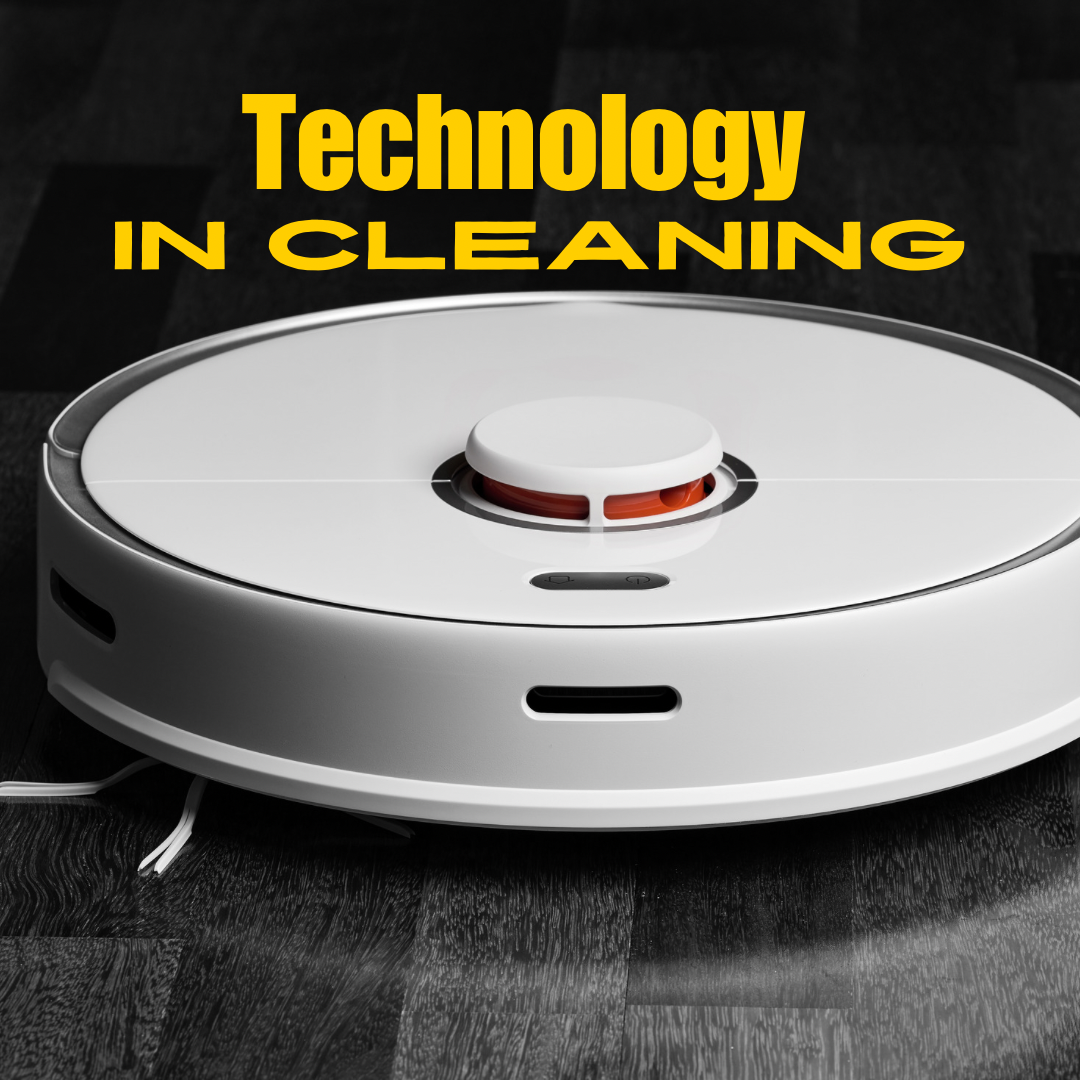
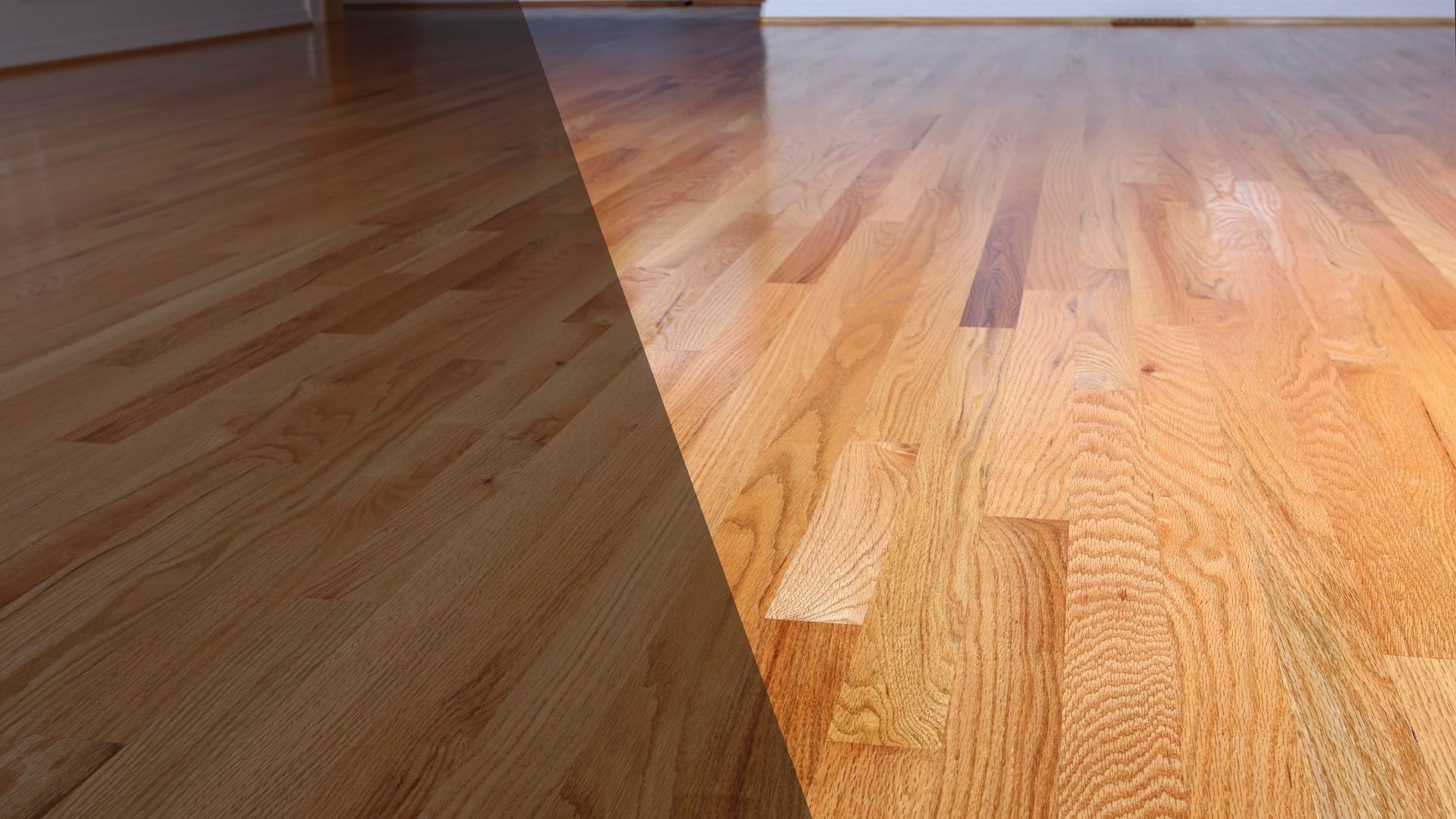
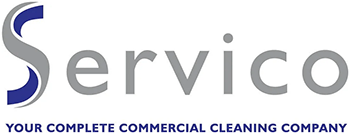
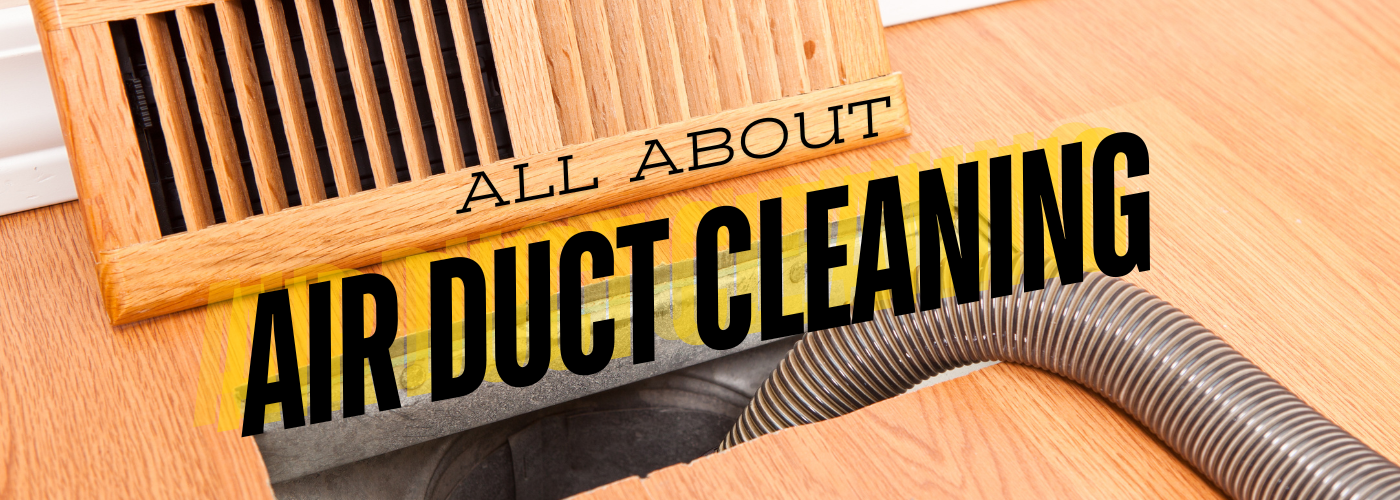
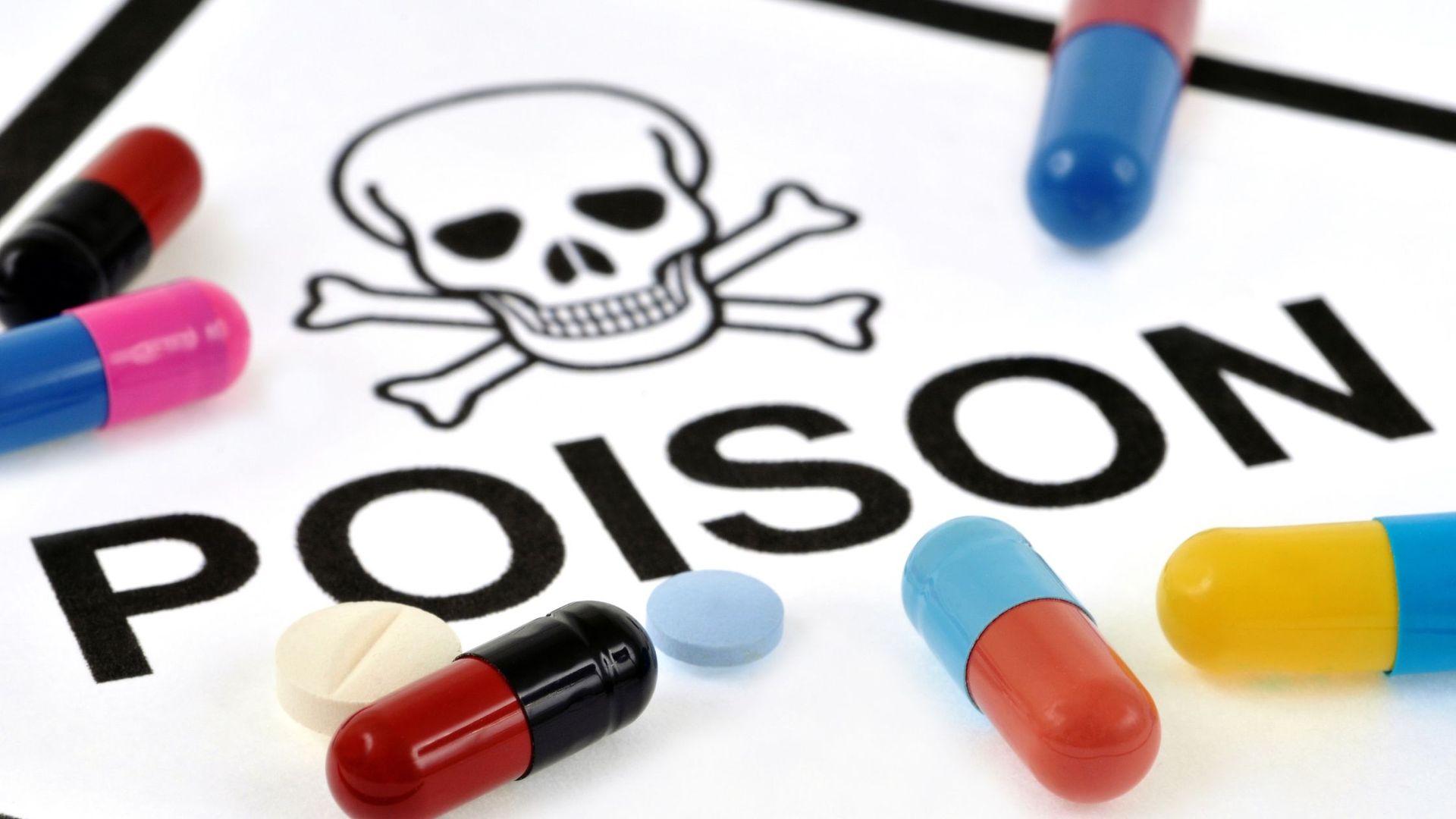
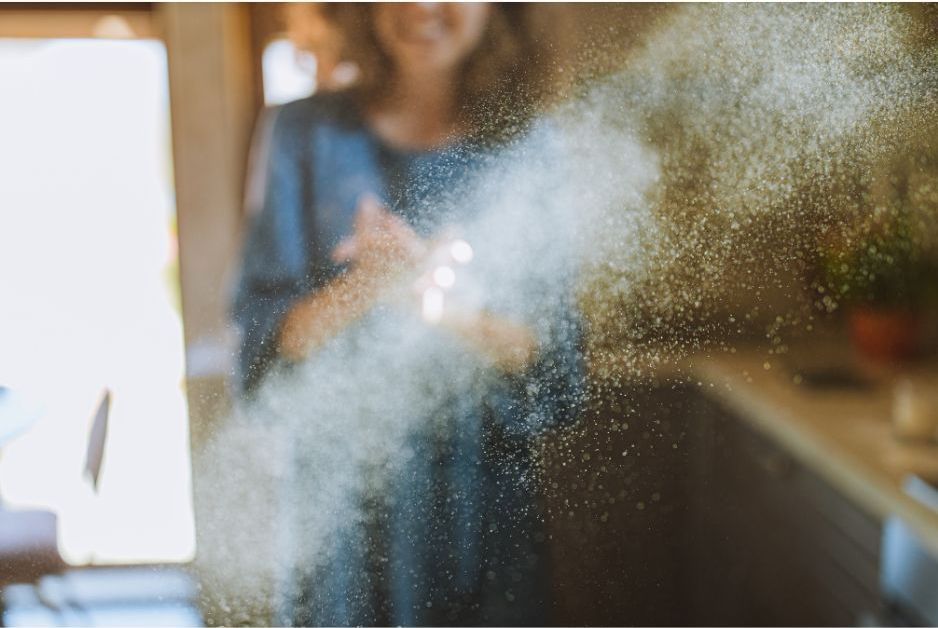
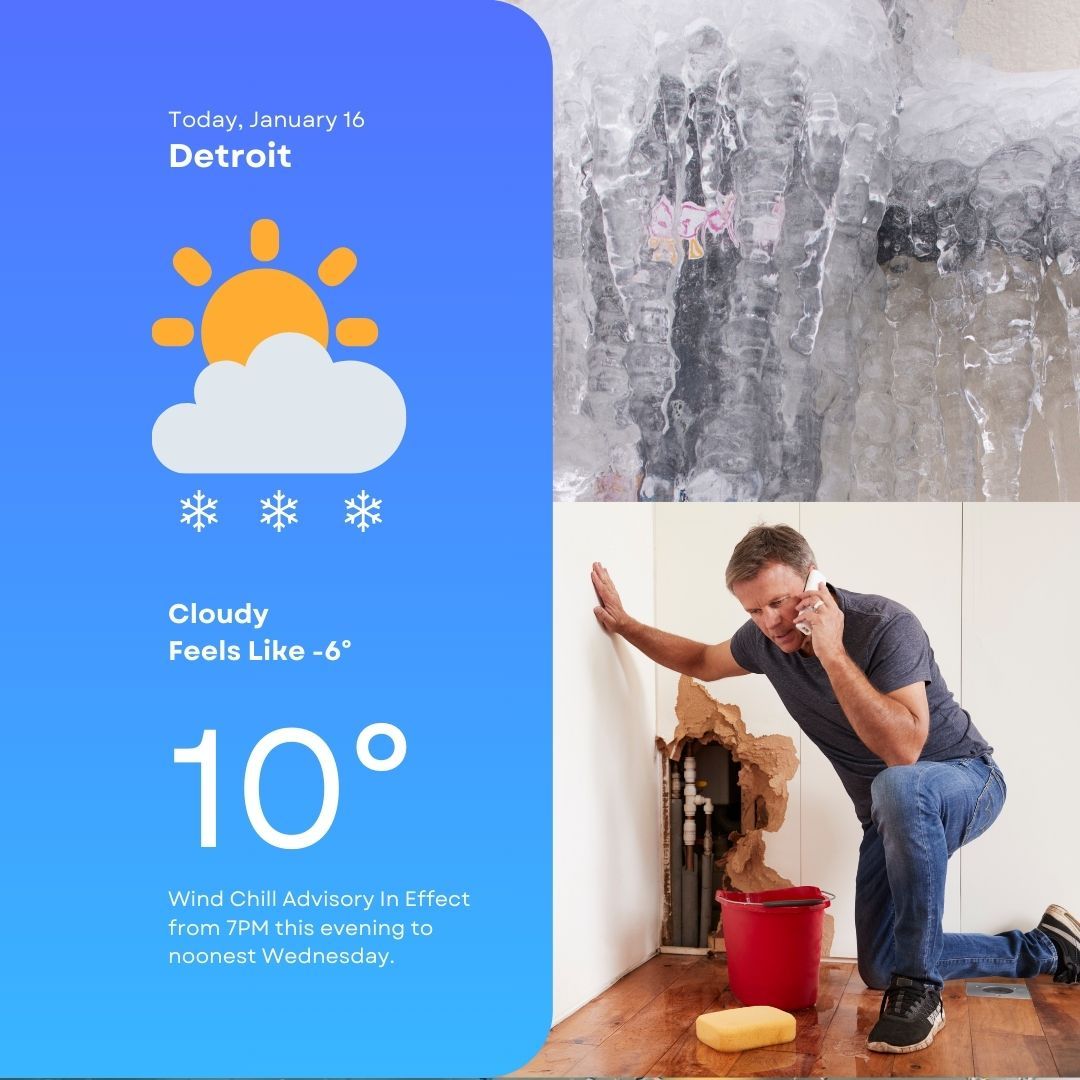


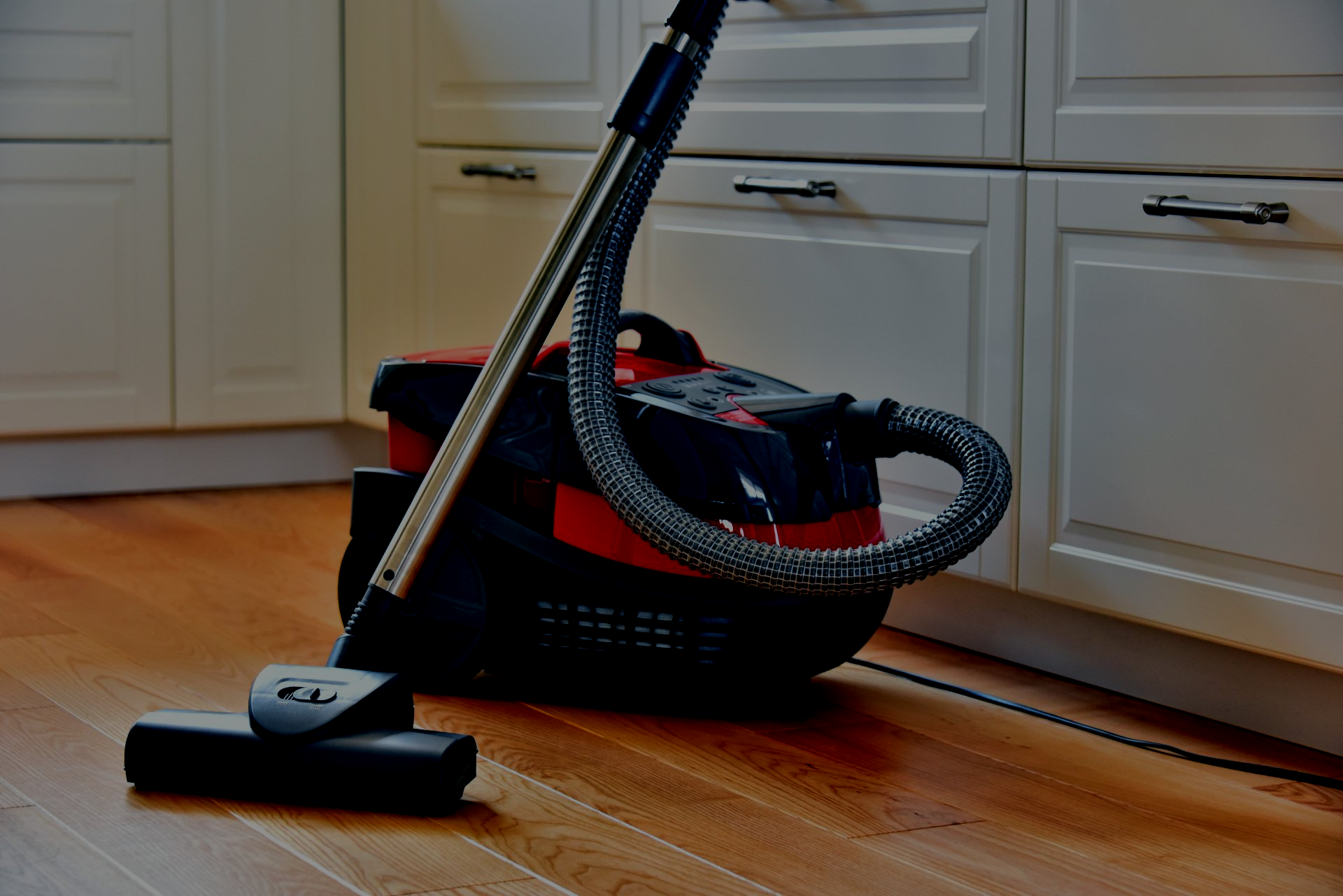
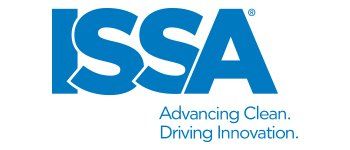

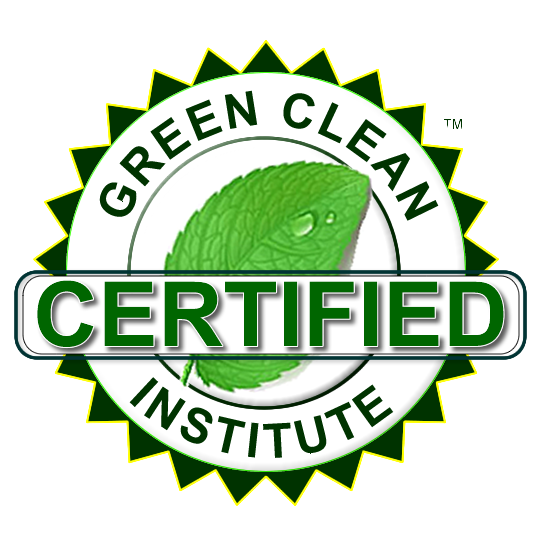


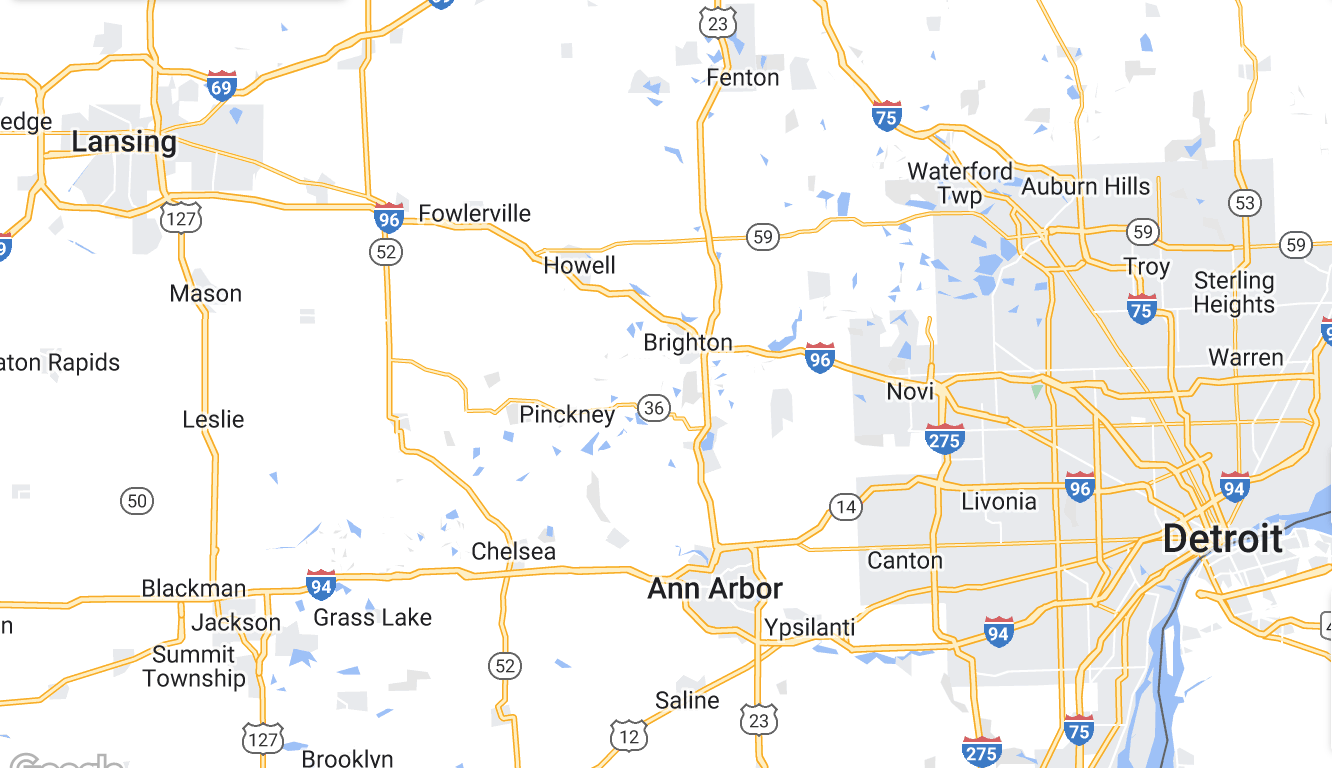
Share On: